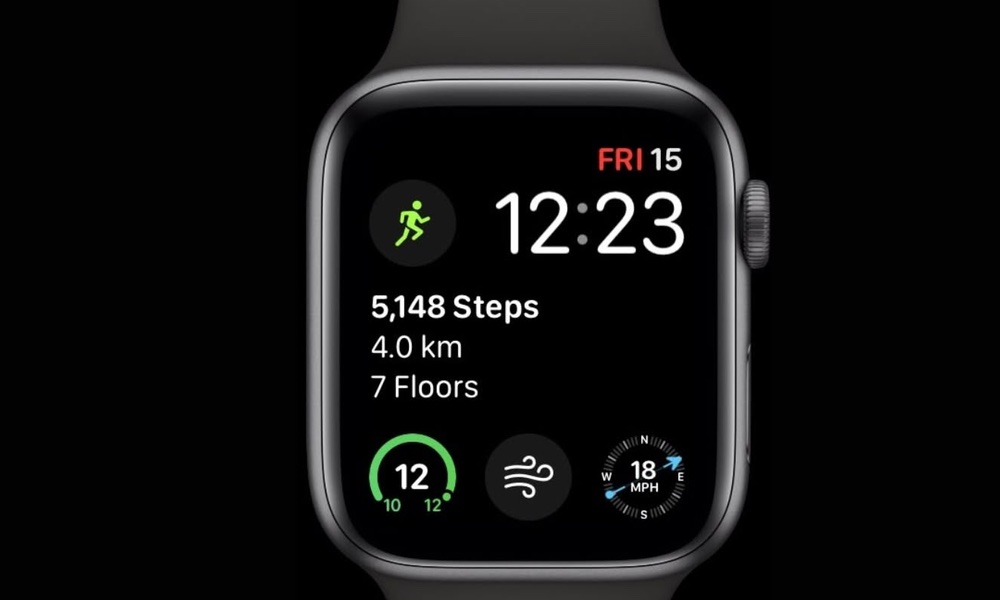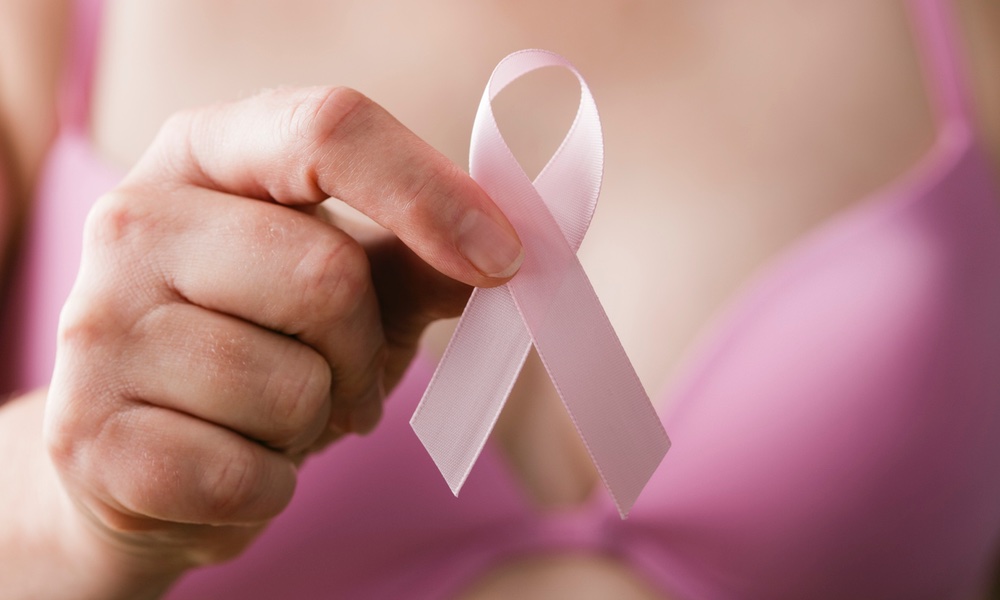Added sugar in the diet — like that in processed foods and sugary drinks — has a few strikes against it, from diabetes to cancer to early death. Now, it has another one: it appears to bring on early menstruation in girls.
A new study finds that apart from all other factors in a girl’s reproductive health, soda seems to be linked to early menarche (first period). Why the link exists isn’t totally clear, but it may have to do with the hormone changes that sugar can bring about.
The study followed almost 5,600 girls, aged 9 to 14, for several years. None of the girls had their periods at the beginning of the study, but most had begun menstruation by the end. Researchers also tracked what types of foods and drinks the girls consumed: sugar-sweetened drinks like soda, fruit drinks from mixes, and iced tea were of particular interest, as were artificially sweetened diet sodas and naturally sweet fruit juice.Girls who drank more than one-and-a-half sugar-sweetened drinks per day had their first period an average of 2.7 months earlier than those who drank less. The relationship didn’t hold up for naturally sweetened fruit juices or for diet sodas.
One clear relationship emerged: The girls who drank more than one-and-a-half sugar-sweetened drinks per day had their first period an average of 2.7 months earlier than those who drank less. The relationship didn’t hold up for naturally sweetened fruit juices or for diet sodas, which suggests that there’s something about the added sugar itself that’s responsible for the connection.
Because there’s a known link between being overweight and early menarche, the researchers made allowances for body mass index, (BMI). This reduced the connection to body weight, and researchers were able to report that even girls of normal weight who drank more sugary drinks got their first periods earlier.
So why would the sugar-menarche connection exist? The researchers believe the answer lies in our hormones: Consuming more sugar is known to increase insulin in the body, which is well-documented in certain disorders, like diabetes and metabolic syndrome, and of course, obesity. But increased insulin can also interfere with the normal activity of the sex hormones, like estrogen, which affects the time a young woman reaches menarche. The effects, if any, on boys' sexual development are not yet clear.
The results are important not just for psychological reasons, but also for biological ones, as early periods are linked to increased breast cancer risk in the future.
Early menarche has been a phenomenon that researchers have noticed for several decades, and it hasn’t been totally explained. The rising rates of overweight and obesity are partially responsible, and the hormones often used in dairy and meat production may also be involved. Now, sugary drinks may fill in more of the missing pieces.
Again, naturally sweet drinks like fruit juices seem to be ok; it’s the added sugar in food and beverages that present problems for the body. While it may not be possible to take out all the added sugar from your diet, trying to cut back — for adults and kids both — is probably the best bet.
The study is published in Human Reproduction.




